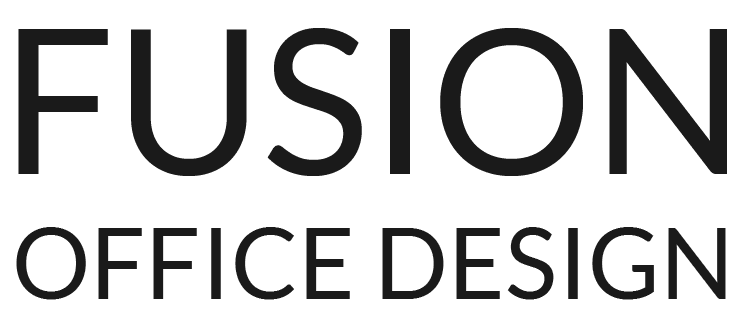Personality In Business
Offices and office space are evolving. A growing body of evidence now links fantastic work environments to fantastic improvements in productivity too, with all the happiness and wellbeing benefits that come with it.
There has been significant progress in the planning and office design of more agile and flexible working spaces. Companies like Google, with its campus, play-based approach to work, is heralded as having reinvigorated the work environment by shifting the focus on how it gets the best results from its brightest people.
However, Google’s approach isn’t always appropriate. Office design is actually much more complex than being just about the building. It has to be about the relationship it has to the people that occupy it and as we all know everybody is different.
Typically, human resources tools, such as the Myers-Briggs Type Indicator test. Current personality productivity research is an outdated framework to look at productivity. Traits such as conscientiousness or agreeableness are still analysed as inputs, which are then correlated with outputs like job satisfaction and earnings.
Many people are starting to look at and use the Enneagram model. The Enneagram model instead establishes the behaviour and the type of thinking patterns people fall into. The Enneagram Institute is leading this research and has identified nine “types” – the reformer, helper, achiever, individualist, investigator, loyalist, enthusiast, challenger, and peacemaker. Because the Enneagram model identifies unique patterns of traits, motives and values, we believe it has the potential to transform the next phase of workplace science. Knowing that investigators experience the world differently to helpers, for instance, is dramatically important. Investigators seek privacy to recharge and analyse. Open-plan, break-out-based office space would be a completely stressful place for investigators to work in. By comparison, reformers, who are dedicated and committed, and motivated by a set of high internal standards, need a working environment that will inspire them to be more creative and relieve more stress.
Designing With Personality In Mind
Office space needs to be far more personal. Office design needs to support different personality types in a way that fosters their strengths for maximum output. An iterative approach to office design, one that is responsive to workers’ patterns and contributions. Future work environments should at least be sensitive to the complex combination of personality patterns in terms of layout, seating allocation, and the balance of open and sheltered space.
Having a clear understanding of the future office is about investing in your main asset, which is your building, to help get the maximum return from the people in it. Office design that is more reflective of its people can have a bigger impact on productivity and performance than other areas human resources directors typically focus on first, such as training and development. Ignoring how your office impacts people is to ignore both of most organisations’ biggest assets and cost centres. A building can so easily become an asset that isn’t performing, but if thought about with its occupants’ productivity in mind too, both can be managed so they’re working at the top of their game.
Contact our team for more!


